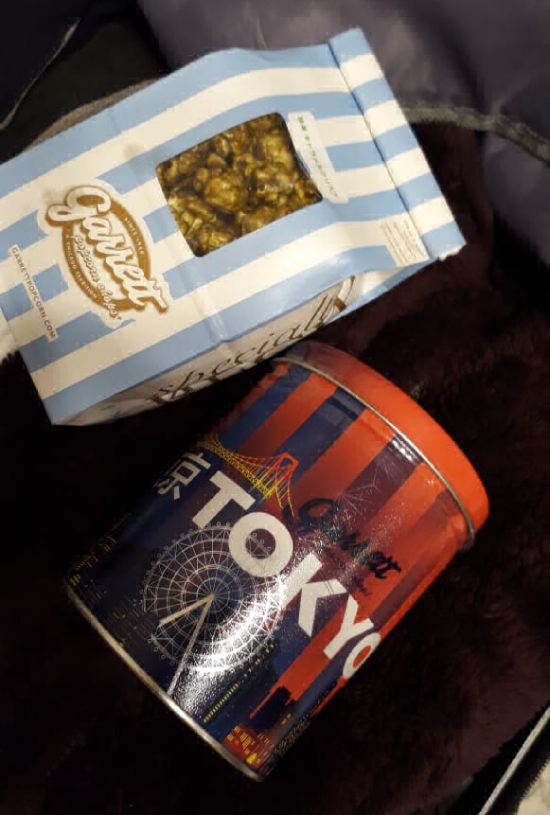Harajuku is an area around Tokyo's Harajuku Station.
Harajuku station was opened October 30th, 1906. It is a train line between
Shinjuku and Shibuya on the Yamanote Line. Harajuku is the center of Japan's
most extreme teenage cultures and fashion styles, but aside from the shopping,
it is also offers some historic sights.
The main point of
Harajuku's teenage culture is Takeshita Dori (Takeshita Street) and its side
streets, in which lays many trendy shops, fashion boutiques, vintage clothes
stores, crepes stands such as Wolfgang Puck and fast food outlets that are
trendy these days.
The shops along Takeshita Streets are open daily from
11:00 to 20:00. It is a narrow, roughly 400 meter long street lined by shops,
boutiques, cafes and fast food. Because of the street's popularity, it becomes
extremely busy and crowded on the weekends. Interesting shops and restaurants
can also be found along some of the side streets.
boy... did I shopped a whole lot here!
Just south of Takeshita Street and over twice its length is Omotesando, a broad, tree lined avenue sometimes referred to as Tokyo's Champs-Elysees. Here you can find famous brand name shops, cafes and restaurants for a more adult clientele. The stylish Omotesando Hills complex was opened in 2006 and targets fashion conscious urban people in their 30s and 40s. Tokyu Plaza Omotesando Harajuku was opened in April 2012, this is one of the newest additions to the district. The interestingly designed building houses multiple floors of fashion and lifestyle shops, as well as a pleasant green space on a terrace on the 6th floor.
enter and take the elevator upstairs, to take this awesome picture:
The Garrett popcorn outlet in Harajuku, is the only one that sells the Matcha flavored popcorn
Harajuku is not only about teenage culture and shopping.
Meiji Jingu, one of Tokyo's major shrines, is located just west of the railway
tracks in a large green oasis shared with the spacious Yoyogi Park. Beautiful
ukiyo-e paintings are exhibited in the small Ota Memorial Museum of Art, and
the Nezu Museum has an impressive collection of various Asian art as well as a
traditional Japanese garden.
thank you all for stopping by and viewing the post...
xxx

















